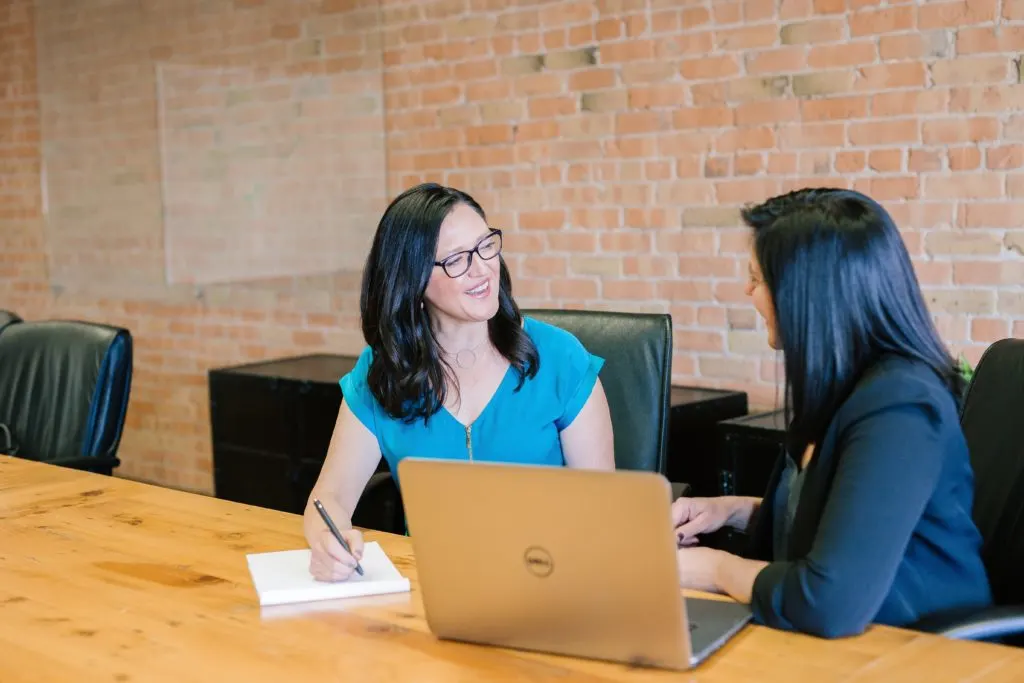So, maybe you’re looking to rent an apartment or apply for a mortgage to buy a house. Maybe you need a personal loan to help pay for an unexpected expense, or maybe you just want to apply for your first credit card. You make it to the part of the application that requests information about your credit, and you realize: I have no credit score!
If you have no credit history or have a very low credit score, read on. Below are some helpful tips for how to build credit.

Understand why you have no credit score
The first step in solving the problem when you realize, I have no credit score, is to understand why you have no credit score or a very low credit score.
When someone has no credit score, they are considered to be “credit invisible”. The main reason for having no credit score is simply lacking a credit history. In other words, you might not have a credit score if you have never been listed on a credit account or have not been on a credit account recently (in the past six months).
People who move to the United States from other countries are usually also considered to be “credit invisible” and have to build credit from scratch.
First, the good news! Even if you have no credit history, your credit score won’t start at zero. Credit scores are issued as a way to calculate how likely someone is to repay a debt. If you have no credit history at all, then there’s no reason for a credit bureau to believe that you won’t pay back your debt!
The not-so-good news is that even when your credit history begins, it could take up to six months for your credit score to be generated by credit monitoring agencies like Experian, Equifax, TransUnion, and Credit Karma.
That said, it’s never too late to start building credit or to improve a bad credit score. Below, we have compiled some of the best tips for how to build credit when you have no credit score (or a super low one).

Credit building tip 1: apply for a credit card or credit builder loan
There are two types of credit cards that people with no credit can consider.
A secured credit card is a good option for folks who are just beginning to build a credit history or improve a credit score. A secured credit card requires a security deposit during the application, and gives cardholders an opportunity to demonstrate that they can spend responsibly and pay their bills on time.
You might also be wondering, can I get a traditional credit card when I have no credit score? The short answer is, yes, you can get a traditional credit card without a credit score. However, you will likely pay a higher interest rate if you carry a balance on the card. You will also have a relatively low credit limit. However, if you are approved for a credit card and you pay your bill on time every time, you will begin to build credit.
Another option when you’re trying to build your credit score is to apply for a credit builder loan. These loans are not like traditional loans. You will not receive the loan money up front. Rather, the bank will put the loan amount in a savings account, and you will pay the amount of the loan in installments over a number of months. At the end, you’ll receive the money in the savings account, and usually, the interest it has accrued on top of it. The purpose of these loans is purely to demonstrate creditworthiness, so this is a great option when you have no credit.
A word to the wise: When you apply for a credit card or loan, a “hard credit inquiry” is made by the lender, and this means that your credit score will be negatively affected for a short time. That said, it’s important to be pretty sure you’ll be approved if you apply for a credit card or loan. You can improve your confidence that you’ll be approved for a particular credit card if you pre-qualify or are preapproved for a card. It is a good idea to call your bank or visit in person, and ask someone to help you find a credit card or loan that you will be pre-approved for.

Becoming an authorized user on someone else’s credit card is another way to build credit when you have no credit score. If you have a trusted family member, friend, or partner who is willing to add you as a user to their credit card, you can begin to build credit alongside them as an authorized user on their account.
You don’t necessarily need to use their credit card yourself, but each month when information is reported to credit bureaus, the information about their credit will be added to your account, boosting your credit score.
If this is an option you choose when you start building up your credit, then it is important to be certain that the person whose account you are added to has very good credit and that it is likely to stay that way as long as you are a user on their account.

Credit building tip 3: Show your creditworthiness
Once you have established your presence as having a line of credit, then it’s time to really show the credit bureaus they can trust you to pay back your debts.
One of the most important factors in building credit is to make your payments on time, every time. Even a single late payment can remain on your credit report for years, negatively affecting your credit score.
Secondly, try to keep your “credit utilization” below 30%. In other words, if you have a credit card with a $3,000 credit limit, you should try not to carry a balance of any more than $900.
Finally, only apply for a new credit card or loan when you are confident you will be approved. Hard inquiries will negatively affect your credit score, and if you’re not ultimately approved for the loan or credit card, then you won’t have the benefit of a new line of credit to offset the ding to your credit that the application caused.
The most important thing to remember when you realize, I have no credit score, is that anyone can build credit. Check out Low Income Relief’s article on how to build credit with a low income for more information on building credit!

